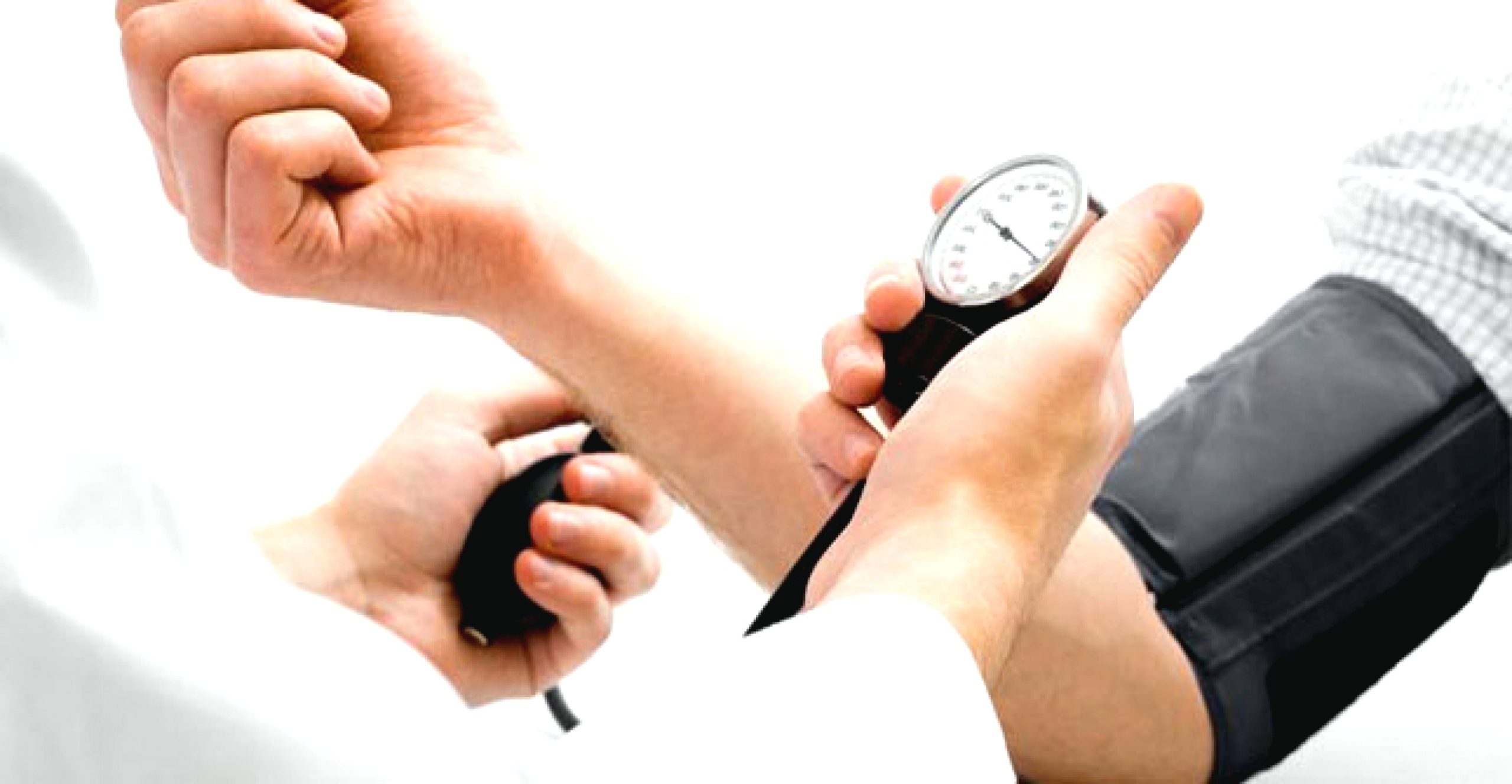Hypertension is the blood pressure measured in the large arteries being above normal values. Blood pressure is a parameter affected by patient characteristics (such as age, gender, race) and physical condition (such as rest, effort). For this reason, it is actually quite difficult to determine normal blood pressure values. Limit values for normal blood pressure values; systolic (systolic) is <130, diastolic (lower blood pressure) is <85 mmHg. In general, these values should be below 140/90 mmHg for all ages. If the blood pressure in the vein that carries blood from the heart to the tissues is constantly above 140/90 mmHg, hypertension is mentioned. Blood pressure varies within the same individual and between individuals. For this reason, the individual’s blood pressure should be measured at least 2 or 3 times at separate times with a sphygmomanometer and determined by taking the average.
Hypertension Triggers Heart Diseases
Hypertension is a major risk factor for heart diseases. If left untreated, it causes an increase in serious morbidity and mortality rates for cerebral circulation, cardiovascular and kidney diseases. Once a diagnosis is made and treatment is started, increased blood pressure can be reduced and the risk of diseases in the heart and cardiovascular system can be reduced. A person’s age, gender and race are determining factors regarding the frequency of hypertension. The contribution of a person’s age to hypertension can be explained by the loss of elasticity in the vessels that carry blood from the heart to the vessels. However, this connection between age and hypertension is not observed in every society. In this case, salt consumption, excessive nutrition, a life of sitting without much movement, and stress are effective factors.
Hypertension in itself is not lethal; But if left untreated, the consequences of hypertension can be fatal. Hypertension can strain the heart and cause heart failure. Moreover, it significantly increases the risk of atherosclerosis, also known as atherosclerosis, and the coronary heart disease it may cause; This disease is one of the main causes of death in societies. In addition, patients with hypertension are more susceptible than other individuals to serious conditions such as bleeding and stroke due to blockage of blood vessels in the brain with clots.
Be Careful Against Hypertension
Hypertension is of two types: primary hypertension, that is, of unknown cause (essential) and secondary hypertension. Primary hypertension accounts for 90% of patients. Secondary hypertension group is the hypertension group whose cause is known. This group of patients are younger patients, and the cause is often a hormonal disease, kidney disease, vascular problems or various medications. Renal hypertension is the most common of these.
1) Essential Hypertension:
This most common form of hypertension is not due to known causes, as we said before. There is no definitive information about the factors that cause this hypertension. Additionally, there are many causal factors that play a role in the onset of hypertension. Essential hypertension is also associated with some risk factors. These factors make hypertension more common or more severe. These;
high amount of salt in the diet
abnormal psychological stimuli
gender
age
diabetes
having hypertension in the family
high blood fats known as cholesterol and triglycerides
smoking
It can be considered obesity.
The most important complaints related to hypertension are headache (especially in the neck area, which is more intense in the morning), dizziness, tinnitus, sometimes spontaneous nosebleeds and palpitations. However, if the increase in blood pressure develops slowly over time, the patient may not have any complaints and it may be detected incidentally during an examination performed for another reason. As we mentioned before, hypertension can cause very important and vital consequences. The main ones are; heart and kidney failure, events involving the brain and vessels (such as brain hemorrhage…), visual impairment and sudden death.
If you experience headaches and dizziness for no reason from time to time, and if your first-degree relatives have hypertension, it would be beneficial for you to have your blood pressure measured and checked by a physician. In this way, a possible high blood pressure will be detected at an early stage and necessary precautions will be taken… The main hypertension treatments are restricting salt in the diet, exercise, losing excess weight and medication.

